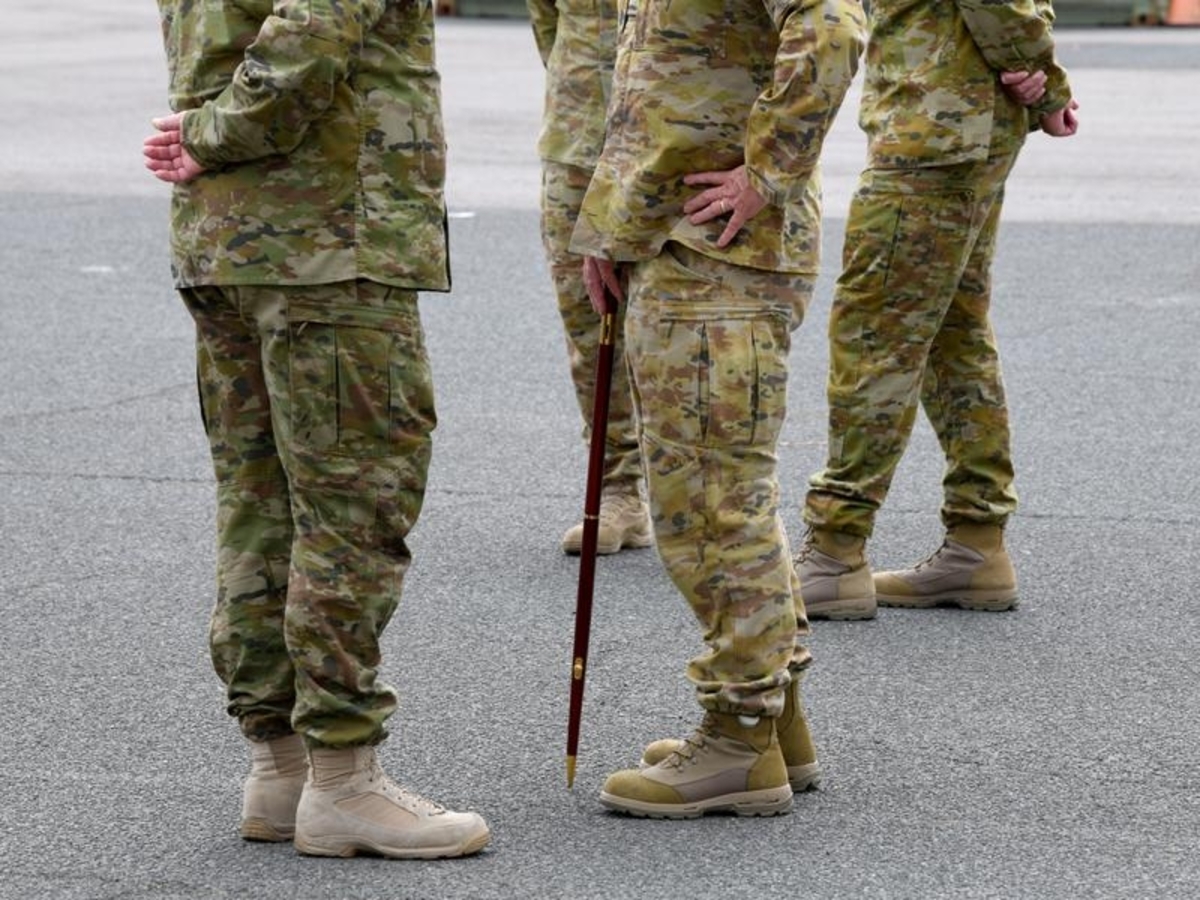
At least 45 Australian Defence Force personnel died from suicide after training to deal with being captured, interrogated and tortured, an inquiry has been told.
But the force is yet to investigate whether the training had been a direct trigger for the deaths.
Colonel Simon Dowse, from the Defence School of Intelligence, told the Royal Commission into Defence and Veteran Suicide on Wednesday the force's conduct-after-capture courses were designed to help members cope if kidnapped or taken hostage.
To his knowledge, Col Dowse said no ADF members had been captured.
There had also never been a study to establish whether exposure to the course put members at higher risk of suicide.
"Given the very serious nature of people dying by suicide, does it not occur to you or your colleagues or the ADF as an institution that that's a sufficiently high number to warrant an inquiry ... into whether or not CAC training creates risk factors for suicide?" counsel assisting the commission Peter Singleton said.
Col Dowse responded: "For me, the numbers start at one, when it comes to being tragic, they really do".
The inquiry, in its third day of hearings at Wagga Wagga, was told participants in the course had to sign consent forms which warned: "I shall be subjected to a close simulation of the type of treatment I might expect to receive as a prisoner of war".
The "authorised stressors" included that "it may be required I remove my clothing".
Pressed by Mr Singleton about other "potentially more severe or more distressing aspects" of the training, Col Dowse said he was constrained from answering questions that would give Australia's "adversaries an advantage".
"Do trainees ever start talking in an incoherent manner, suggestive of stress, or at all?" Mr Singleton said.
"Trainees can and have talked to themselves. It's not common. Often it's found to be people singing, although it's not songs as we know it.
"It is... part of their coping mechanism, trying to think of every song they ever heard from year 4 and sing it, just to help deal with the environment they find themselves in.
"That's in line with what we suggest by way of coping strategies."
The hearing continues as the commission investigates the treatment of past and present defence force personnel and their dealings with agencies in charge of providing support.
Lifeline 13 11 14
Open Arms 1800 011 046







